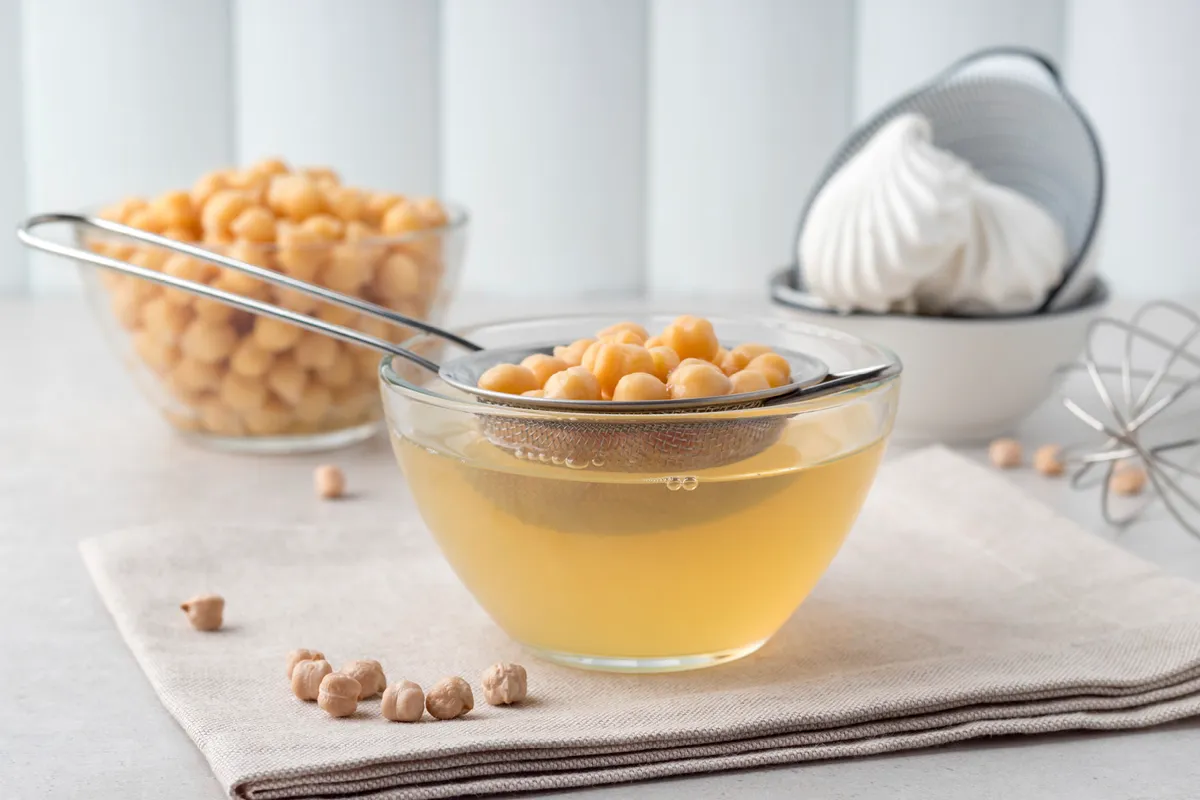Eggs contain over 40 different proteins, which hold the key to their culinary success. The long protein molecules fold and coil so that water-hating (hydrophobic) sections are tucked safely away. Loose bonds hold each protein molecule in a tight unit,but heat or whisking causes the chains to unwind or denature. This allows different proteins to link their hydrophobic regions together and form a strengthening 3D network. The coagulation is irreversible and transforms eggs into a semi-solid or solid state.
Whisking egg whites unravels proteinsand addsair bubbles. The proteins link together and collect at the surface of the bubbles to hide their newly exposed hydrophobic parts from water in the egg white. The proteins prevent the air bubbles from popping, even during cooking. In baking, egg proteins combine with wheat proteinsin flourto form a strong network of trapped air bubbles that can expand in the oven.
Meanwhile, egg yolk contains anexcellentemulsifier called lecithin. Emulsifiers keep oil droplets dispersed in water,or water droplets in oil, preventing them from separating.
Read more:
- Is fish actually ‘brain food’?
- Is it true you can’t just cut the mouldy parts off food?
- The future of food: what we’ll eat in2028
Egg substitutes
It’shardto find a total substituteforeggs.Egg emulsifiers are perhaps the easiest to replace. Plant-derived lecithins such as soya lecithin make good substitutes. Flax or chia seeds, bananas or mustard can also be used to stabilise emulsion droplets. Eggs are harder to replace as thickeners, although ground flax or chia seeds workquitewell, especially in cookiesormuffins.

What is aquafaba?
Replacing eggs’ foaming ability is tricky. This is where aquafaba comes in. Aquafaba is a temperature-resistant foamer made from the waterin whichlegumes such as chickpeas have been cooked. The liquid contains enough protein, starch and fibre to work in tricky applications such as egg-free meringues.
To obtain aquafaba, either use the liquid in canned chickpeas or boil your own and collect the cooking water.

Read more:
- Why do eggs taste so different, depending on how they’re cooked?
- When I make chocolate chip cookies, why don’t the chocolate chips melt in the oven?
- How do roast potatoes stay so hot for so long?
- Why doesn’t halloumi melt?
Asked by: Claire Hill
To submit your questions email us at questions@sciencefocus.com (don't forget to include your name and location)